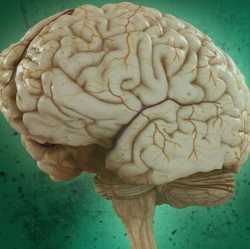
Research has indicated that there is a link between clinical depression and brain inflammation which might prove to be an essential finding in understanding stress and depression’s physical impacts on the body.This might pave a road for developing better treatments for these mental health issues.
The study titled “Role of Translocator Protein Density, a Marker of Neuroinflammation, in the Brain During Major Depressive Episodes” has found that the measure of brain inflammation in people who were experiencing clinical depression was increased by 30 per cent and it first of its kind to find evidence of inflammation in the brain of depressed patient.
Immune system’s natural response to infection or disease is Inflammation and is implicated in a range of diseases.As per the researcher Jeffrey Meyer of CAMH there is statistical data which show that those people who suffer from inflammatory diseases like Lupus are several times more likely to develop clinical depression. Also there is evidence which suggests that inflammation may lead to certain depression like symptoms, such as low mood, loss of appetite and reduced ability to sleep.
Hence, the current study was carried out with an aim to investigate whether inflammation is a driver of clinical depression independent of other physical illness. For the study the researchers used positron emission tomography (PET) to scan the brains of 20 patients with depression and 20 healthy control participants. They also measured the activation of microglia, the immune cells that play a key role in the brain’s inflammatory response.
